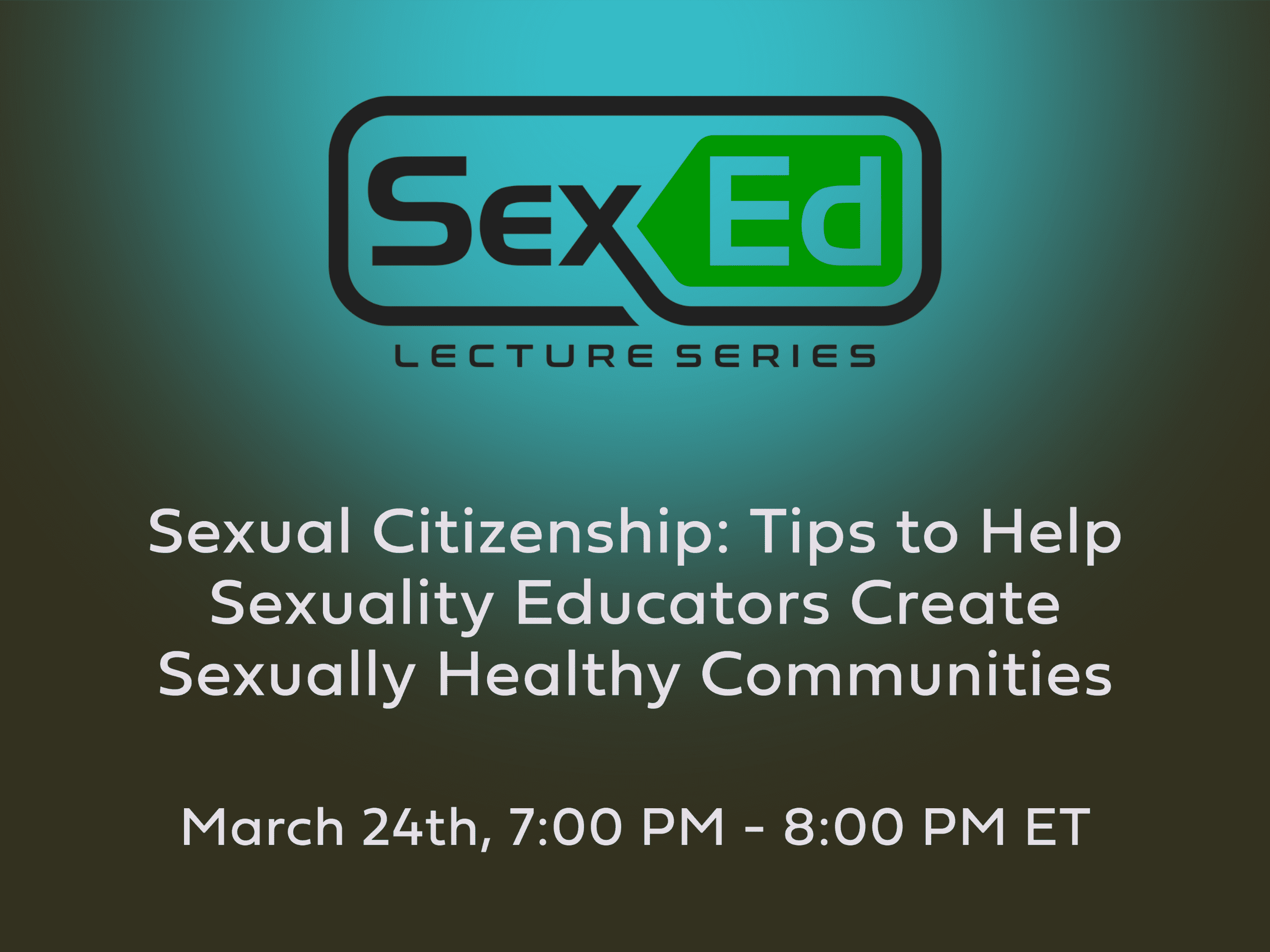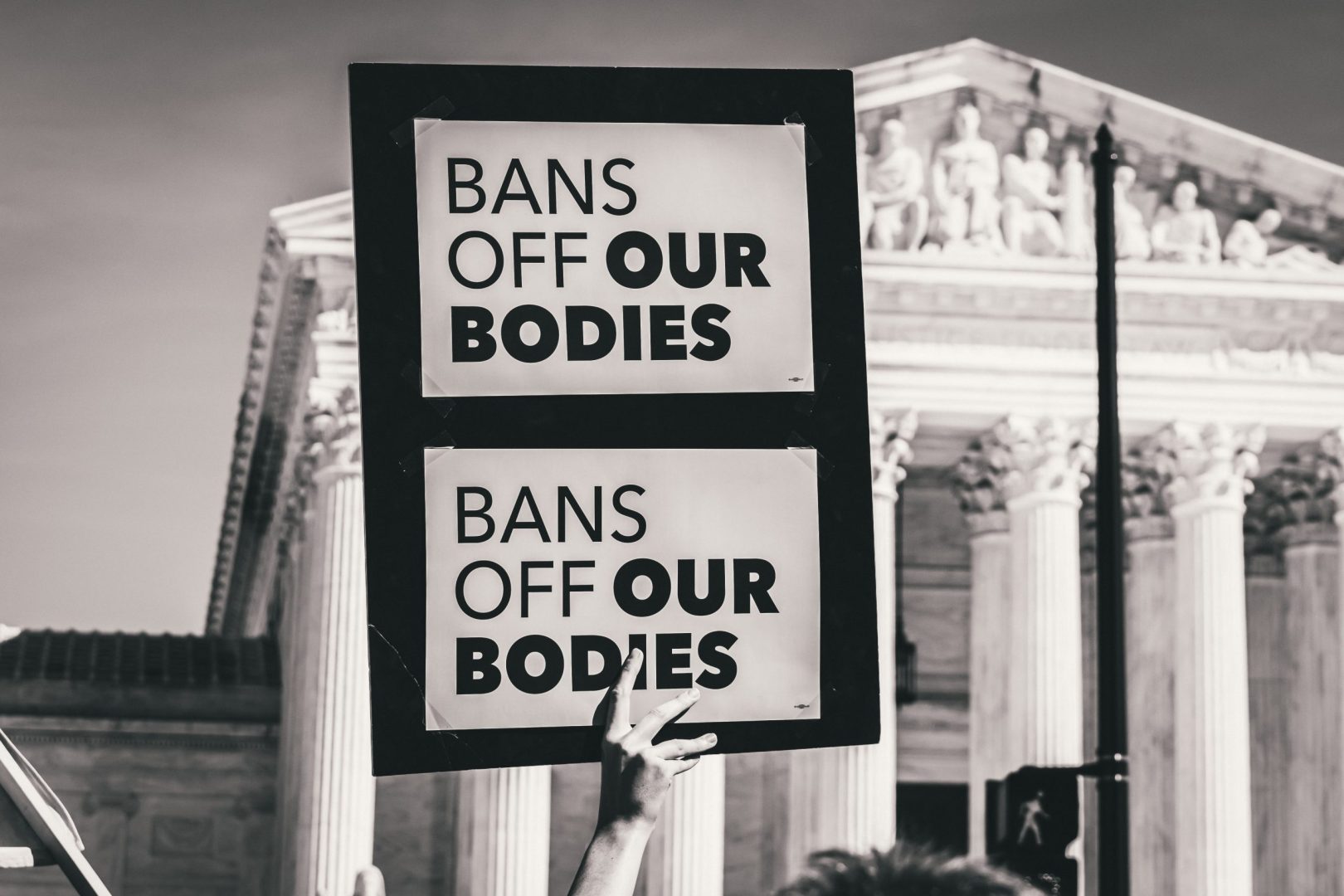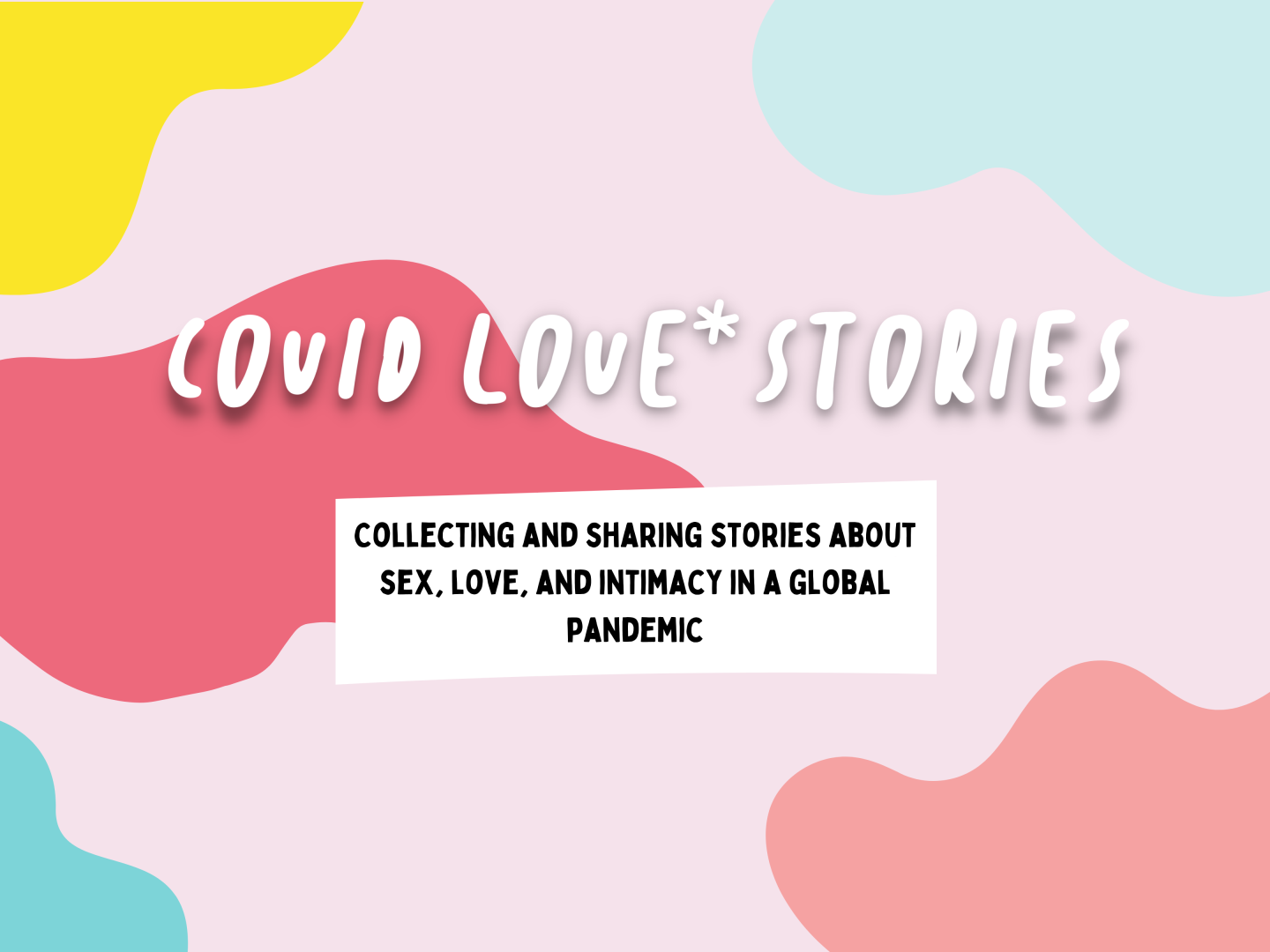Following these steps is a really effective way to guide young people towards becoming good sexual citizens.
Recently, I was Zoom teaching a college class, and I asked my students to share any questions they had about sexuality. One of the young men unmuted himself and asked, “Why do so many girls lie about being raped?”
The thing is, very few people actually lie about this crime. But his question reflected a common misperception, and it reminded me how important myth busting is in helping youth develop healthy sexuality.
The thing is, very few people actually lie about this crime. But his question reflected a common misperception, and it reminded me how important myth busting is in helping youth develop healthy sexuality.
Of course, that isn’t the only thing we need to do. We must also reinforce the idea that all sex should be both wanted and enjoyed by all parties. And, we need to provide individuals with the skills they need to act upon their knowledge.
Following these steps is a really effective way to guide young people towards becoming good sexual citizens. That’s a term I use to mean being someone who treats others—regardless of gender identity, sexual orientation, ability, age, ethnicity, race, religion, or social class—as a human deserving of respect. It also means doing the work needed to break down sexual hostility and then to build up something a whole lot better.
But since we live in a world where sexual violence often passes for normal behavior, this doesn’t always come naturally. So here are 10 ways we can help young people on their journey.
1. Make your conversations inclusive.
There are myriad ways to express sexuality and multiple reasons someone might not want to express sexuality at all. Respect the varieties. Celebrate the differences.
2. Check your gendered assumptions.
Ask whether your messaging reinforces stereotypes or excludes folks who might not identify along male or female lines.
3. Don’t ignore red flags.
Sexual hostility has been so normalized in society that we often overlook clearly problematic actions and statements. But doing so simply increases danger.
4. Promote community expectations where members have each other’s backs.
When the standard is one where we can count on each other for help in tricky situations, then the world becomes safer for everyone. Consider implementing bystander and upstander training.
5. Challenge mistaken information when you hear it.
And if you aren’t sure if something is true (e.g., my student’s assumption about false rape claims), take the time to check your facts and then circle back.
6. Empower youth by providing them with the tools, like access to reproductive health care and sex education, which they need to stay healthy and safe.
Don’t treat young people as if they are too immature to have any knowledge of sex and then hold them to adult standards when they mess up.
7. On that note, allow people to make mistakes and to learn from them.
Keep youth accountable for their actions, and when it is warranted, provide space for them to make corrections and amends.
8. When you do provide sex education, ensure that it is inclusive and comprehensive, and addresses consent.
Studies have found this can actually help lower incidents of sexual violence.
9. Challenge the “just world belief,” which holds that people get what they deserve.
No one deserves to suffer sexual hostility. Emphasize lessons on preventing perpetration of sexual violence over those that teach how to avoid being victimized. Teach empathy and compassion, not blame and shame.
10. Help young people understand the problem with the idea that if we just work hard enough, or want something bad enough, then we deserve to get it.
Explain that when it comes to life in general, and sex specifically, we just have to learn to accept rejection gracefully.
Are you looking to learn more about good sexual citizenship?

Join Ellen Friedrichs for her lecture that will help participants identify and challenge factors like gendered messages, trans- and homophobia, racism, and trauma, which contribute to sexually hostile and dangerous environments. Strategies for creating positive community standards and tools for community assessment will also be covered. This lecture has been recorded. Register here.
HEADER PHOTO CREDIT: Outdoor Cooking Pros








